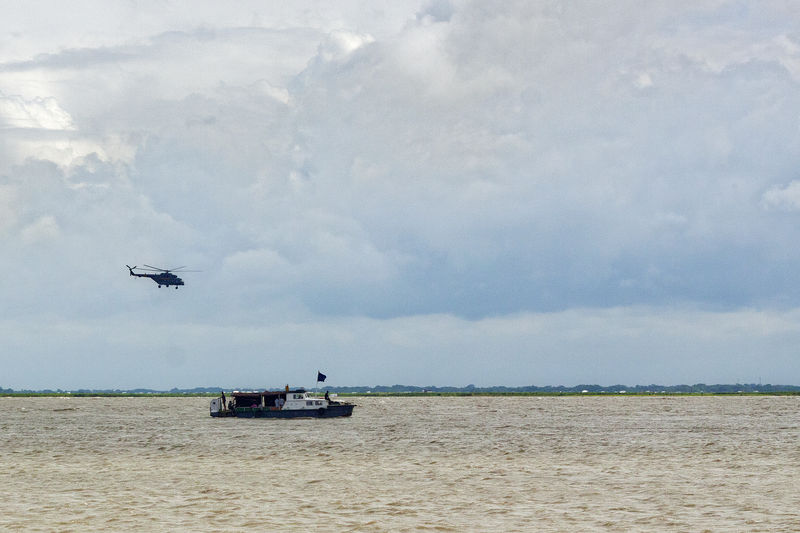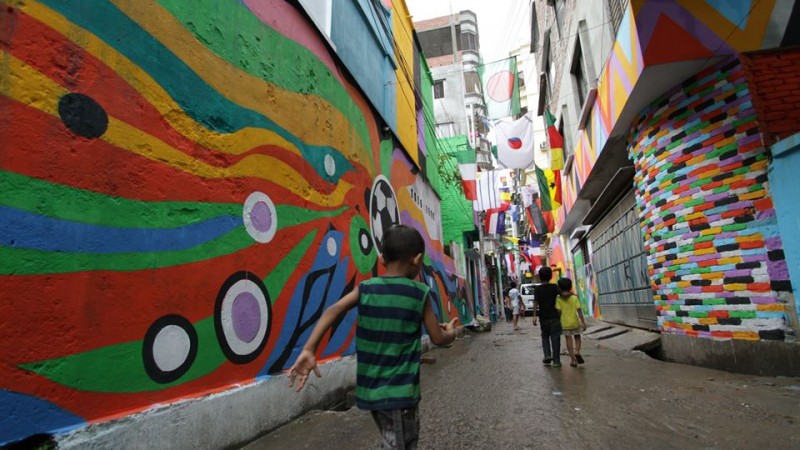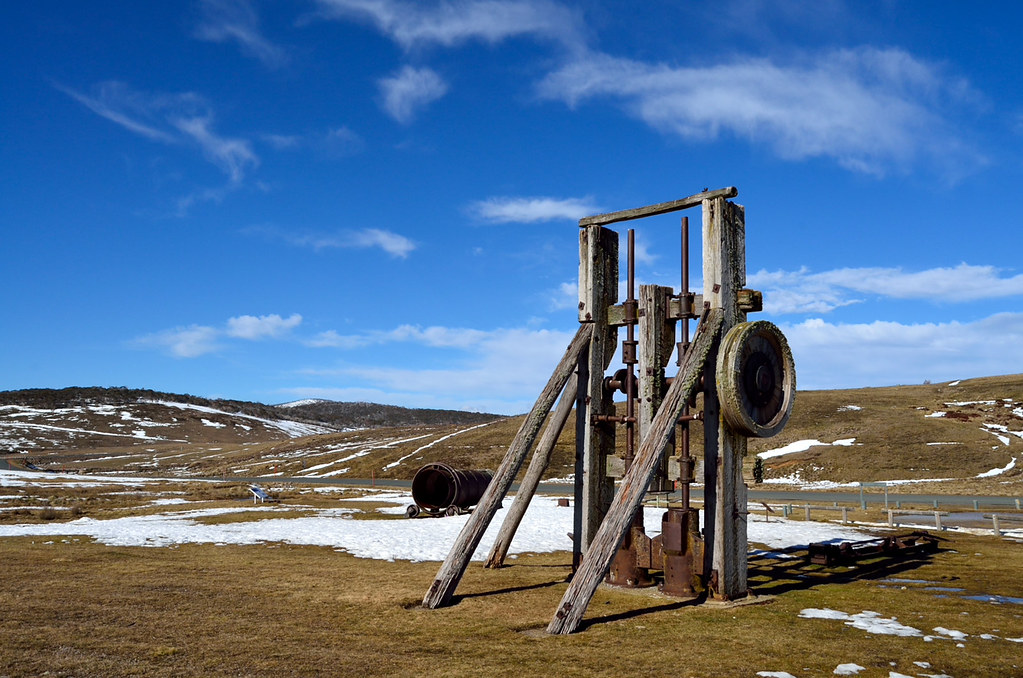BOOK TAGOh no! The book tag
meme has hit me too! I am a victim of
Owukori, who was victim of another Blogger.
Anyway after few hesitated moments I decided to carry on with this.
My reading habit: I have started reading in the early days of my life. When I was in seventh or eighth grade, besides reading juvenile books and magazines, I became addicted to reading "Masud Rana" series espionage thrillers (with plots like James Bond etc. written in Bangla by Anwar Hossain) which were popular but considered not suitable for juveniles. I was a captivated reader of almost all of the volumes published in that series. I was also enthralled by translated science fictions and fictions life "UFO", "King Solomon’s mines", "She", "Return of She", "Man on Fire". Sheba Publications used to publish such interesting translated books (they are still doing it). Progoti Publications used to publish many wonderful translations from Russian. I have read many wonderful translations of Russian classics published by them. Although I occasionally read Archie's, Tintin and other comics, I started reading English books in the latter part of my teens. Apart from the English novels in the test books, my foray in English literature included thrillers like Tom Clancy’s "The Jackal" and "The Negotiator" and satires like Art Buchwalds "Down the Seine & Up the Potomac" & Stephen Fry’s "Moab is my Wash pot". Besides those easy readings I also ventured into poetry of contemporary poet Allen Ginsberg and other classical poets and dramas of Henrik Ibsen & others when I was a member of “Bishwa Sahitya Kendra Library” (gee I have to find out what happened to my membership). Courtesy of that library I have read many classic literatures either in Bengali or in English. In recent time I regret not finding enough time to read.
Total Number of Books I Own: Never counted but mine & my wife’s collections are more than a thousand. Add to that the inheritance from my dad. I could manage time to read almost 75% of them. I wish to finish all someday. However the most books I have read were borrowed from a library or from an acquaintance.
Last Book I Bought: Living Silence (Burma under military rule) by Christina Fink
Last Book I Read: "Preeti Nin Shokole" (Greetings everyone) – A memoir from Sirajur Rahman, a renowned editor of BBC Bengali Service for 25 years witnessing many histories. BBCs neutral broadcast during the Bangladesh liberation war and the turbulent political times in the 80s & 90s has made it very popular among the people of Bangladesh. In rural areas people use to gather in a place to hear BBCs Bengali Service broadcast and the main attractions are news and analysis. Private media and their news are only a recent phenomenon. Earlier people would confirm a news broadcasted in the government owned media through BBC news. They have even named a place "BBC Bazaar".
Five Books That Mean a Lot to Me: It has to be a flexible and a tentative list:


*
"Ekatturer Dinguli" (Of Blood & Fire) – by
Jahanara Imam is the most popular book on the Bangladesh’s liberation war. It is a diary of a mother who let her son choose to go to war abdicating a scholarship in the USA. Her son never returned from the battlefield. Wonderful writings and it is a must read for people who want to know what the Bangladesh Liberation War was all about. (
A review)
* Jyotsna o Jononir Golpo – a novel by
Humayun Ahmed, a writer, whose fluent writings inspired many of the younger generations of Bangladesh since the eighties. He is a master of short novels depicting problems of typical middle-class Bangladeshis but in this big volume novel he writes about the Liberation War of 1971 in which he has lost his father. The book can be called partly fiction, partly history, partly memoir, and partly diary. The writer has blended history and his imagination in such a way that the readers will be moved by the storyline as if every character and every event were real. He had also recognized the contributions of all the political leaders and managed to stay out of controversy.
* Chobir Deshe Kobitar Deshe - By
Sunil Ganguly I like many of the Sunil Ganguly books but this one in particular because it gives us a glimpse of the rich French poetry and the rich history of European Paintings. The book is basically a travelogue of his tour in France. He is a fascinating writer and is able to portray the history with his powerful characters which seems so true to life.
*
All round View – By
Imran Khan The autobiography of the famous all rounder cricketer of the sub-continent and a previous captain of the Pakistani cricket team. Did you know that he was the most eligible bachelor for sometimes in UK?
*
The Prophet – Kahlil
Gibran A masterpiece of 26 poetic essays from the poet, philosopher and artist born in Lebanon.
The books I am reading since long but could not finish: "
Oh Jerusalem" – By Dominique La –Pierre & "
Brick Lane" by Monica Ali
Tag five people and have them do this on their blogs: I would like to concentrate on the Bangladeshi blogosphere and here are my victims:
Sadiq M. Alam Ishtiaque Ayub Hasan Iqbal Wamy Asif Imtiaz Nashat




































